Market Analysis
In-depth Analysis of Antivirus Software Market Industry Landscape
The global antivirus software market reached USD 4.1 BN in 2022 and is poised to grow to USD 8.47 BN by 2032, at an 8.40% CAGR during the review period (2023-2032). One of the primary drivers of market dynamics is the persistent and ever-growing threat landscape posed by malicious software, malware, and cyber-attacks. As technology advances, so do the capabilities of cybercriminals, prompting a continuous demand for more sophisticated antivirus solutions. The global shift towards digitalization and increased internet penetration has further fueled the market dynamics of antivirus software. With businesses and individuals relying heavily on online platforms, the surface area for potential cyber threats has expanded exponentially. This has led to a surge in the adoption of antivirus software as a crucial line of defense against cyber threats, driving market growth.
The competitive landscape within the antivirus software market is intense, with established players and new entrants vying for market share. Established antivirus vendors often focus on enhancing their existing products, incorporating advanced features such as AI and ML to improve capabilities, such as threat detection and response. Meanwhile, new entrants leverage innovation and agility to introduce novel solutions that cater to emerging threats or address specific niche markets. Government regulations and compliance requirements also play a significant role in shaping the antivirus software market dynamics. As data privacy concerns escalate globally, regulatory bodies impose stringent standards on businesses to protect sensitive information. This, in turn, compels organizations to invest in robust antivirus solutions that comply with regulatory requirements, creating a steady demand for antivirus software. The subscription-based business model has become a prevailing trend within the antivirus software market dynamics. Vendors increasingly adopt subscription-based pricing models, offering users regular updates and support in exchange for recurring payments. This approach provides a steady revenue stream for vendors and ensures that users have access to the latest security features and updates, reinforcing the effectiveness of antivirus solutions over time.
The growing awareness among individuals and businesses about the importance of cybersecurity has significantly influenced market dynamics. End-users are becoming more discerning, seeking antivirus solutions that offer comprehensive protection without causing system slowdowns or disruptions. This has led vendors to focus on user experience, developing lightweight yet powerful antivirus software that balances performance and security. Collaborations and partnerships have emerged as strategic maneuvers in the antivirus software market dynamics. Vendors often collaborate with other cybersecurity firms, technology companies, or governmental organizations to bolster their capabilities and provide more holistic security solutions. These collaborations enable vendors to leverage complementary strengths, share threat intelligence, and collectively combat the evolving nature of cyber threats.


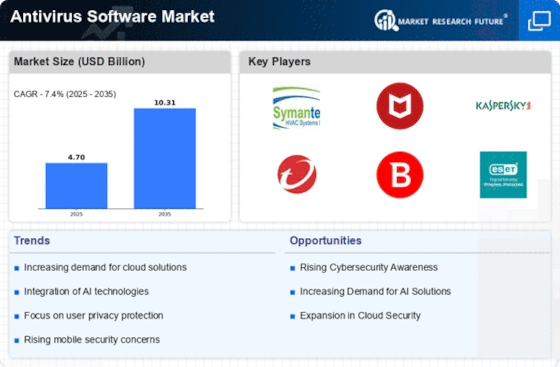
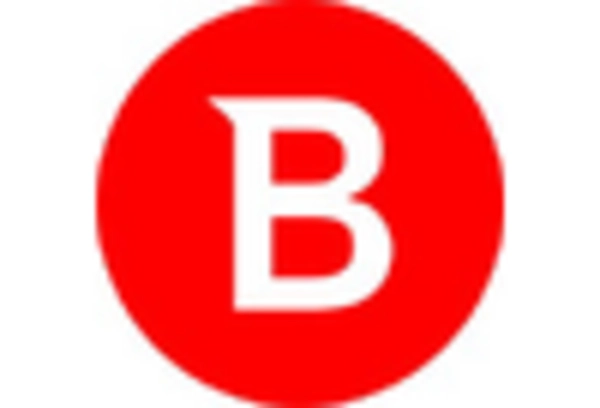
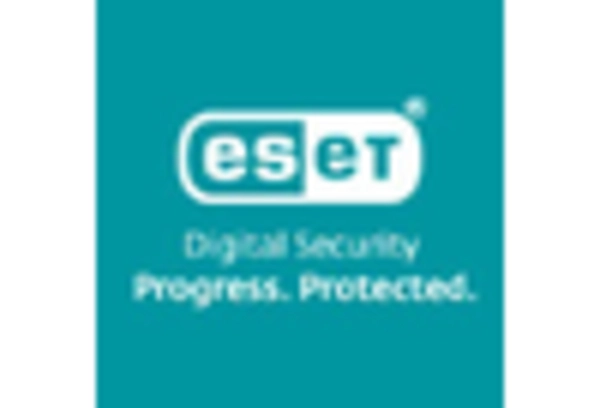
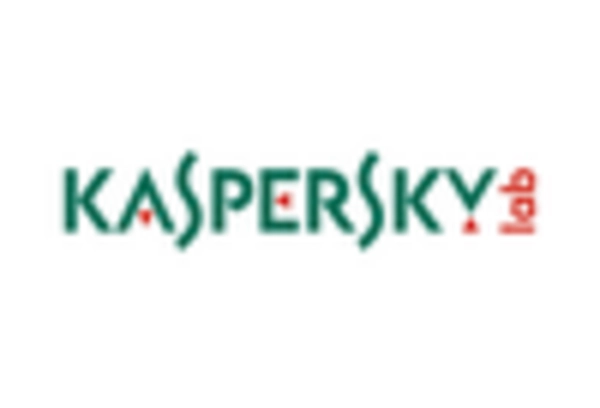


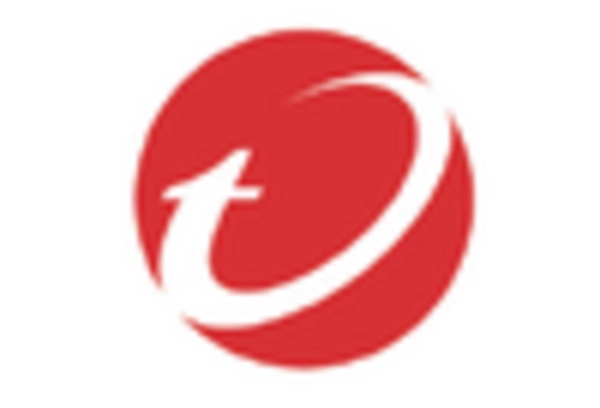









Leave a Comment